Guide To The Causes Of Heart Murmurs
A heart murmur is a condition where an individual's heart makes swishing or whooshing sounds during the cycle of their heartbeat. These noises can only be heard through a stethoscope. They are caused by the turbulent movement of blood in the heart. The normal noises that the heart makes during the heartbeat are described as 'lubb-dubb' when the heart valves are closing.
There are many different treatments for heart murmurs out there. Innocent heart murmurs often need underlying condition treatment, such as antithyroid medication for hyperthyroidism. Patients who need heart murmur treatment may also need diuretics or other medications. Blood thinners for heart murmurs are an option, as are statins for high cholesterol and beta blockers. Heart murmur surgery is also a major treatment. Of course, the best treatment for heart murmurs varies based on the cause. Learn about the causes now.
Exercise

Some heart murmurs can be caused by exercise and other conditions where the blood flows at a high rate of speed through the heart. This type of heart murmur is referred to as an innocent heart murmur or physiological heart murmur where the noise is present, but there are no structural defects or abnormalities in the heart. Many experts believe that this form of exercise-induced heart murmur is a sign of enhanced cardiovascular fitness and not a heart abnormality.
The heart of an athlete who undergoes intense training may become slightly enlarged as an adaptive measure to these exercise regimens. This slight enlargement allows the heart to pump a greater volume of blood with every beat. This higher than normal amount of blood flowing through the heart upon each beat can even be as significant as a gushing noise heard through a stethoscope. This type of heart murmur is most prevalent among young individuals and those who participate in endurance and aerobic sports. This form of heart murmur can be distinguished from a dangerous heart murmur by listening to the pitch and timing of the murmur.
Rheumatic Fever
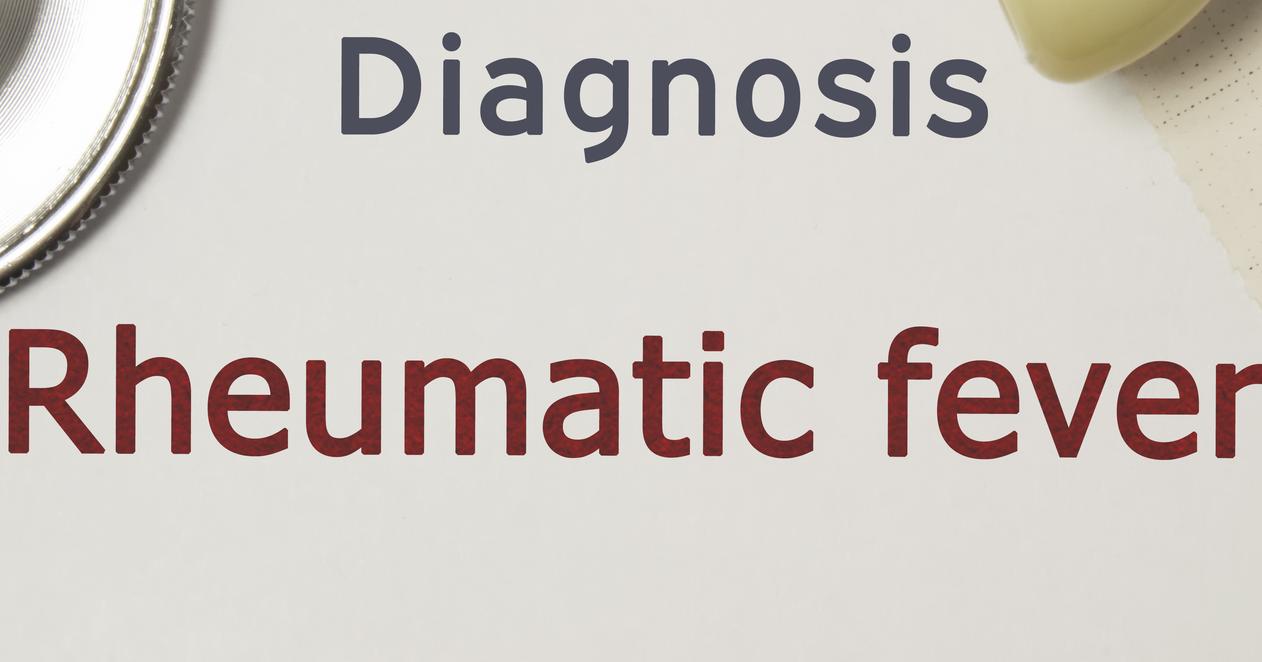
Rheumatic fever can negatively impact numerous tissues around the body of the connective variation, including those of the heart, skin, joints, and brain. When an individual's heart is affected by rheumatic fever, it is usually associated with damage to the mitral valve or aortic valve. Heart valves are structures in the heart made of connective tissues that contain several leaflets. These valve leaflets open and close to allow blood to flow in and out of the chambers correctly.
When the leaflets that make up the heart valves are infected by the bacteria that cause rheumatic fever, they can become damaged and scarred. The damage and scarring of the heart leaflets can cause them to become abnormally stiff or too loose to close properly. The valve abnormalities can cause blood to flow backward or forwards in an irregular and turbulent manner. These irregular movements of the blood in an affected individual's heart can produce a heart murmur.
Hyperthyroidism

Hyperthyroidism is a medical condition where the thyroid gland produces an excessive amount of thyroid hormone. Nearly every process in an individual's body is sped up when more thyroid hormone is produced. Common symptoms include frequent nervousness, heat intolerance, fast heart rate, problems sleeping, excessive hunger, and weight loss. However, untreated hyperthyroidism induces more havoc on the heart muscle and cardiovascular system than just elevating the heart rate. An excess of thyroid hormone causes the heart muscle to work harder than it would otherwise.
An overstimulated thyroid gland can produce marked disturbances in a patient's heart rhythm. Overworking the heart can also create issues with how the valves work. Valve leaflets can become worn out and too thin, or they can become too stiff. Both problems with the valve leaflets can produce a heart murmur because the blood cannot flow through them properly. Blood can flow backward in the wrong direction, producing a heart murmur.
Septal Defects

The septa are the heart muscle walls that separate the left side and right side of the heart. A septal defect is a hole in the septa that allows blood flow between both the left and right sides of the heart. Septal defects can be present in the septa that separate the left and right atria of the heart, in the septa separating the left and right ventricles of the heart, or in both.
Most septal defects produce a shunting of blood from the left to the right side, which means blood that has already circulated through the lungs is forced back into the lungs. The abnormal flow of blood through an affected individual's heart due to a septal defect often causes an extra sound that can be heard with a stethoscope. An individual's heart murmur can vary in numerous characteristics depending on the exact location, size, and shape of the septal defect.
Endocarditis
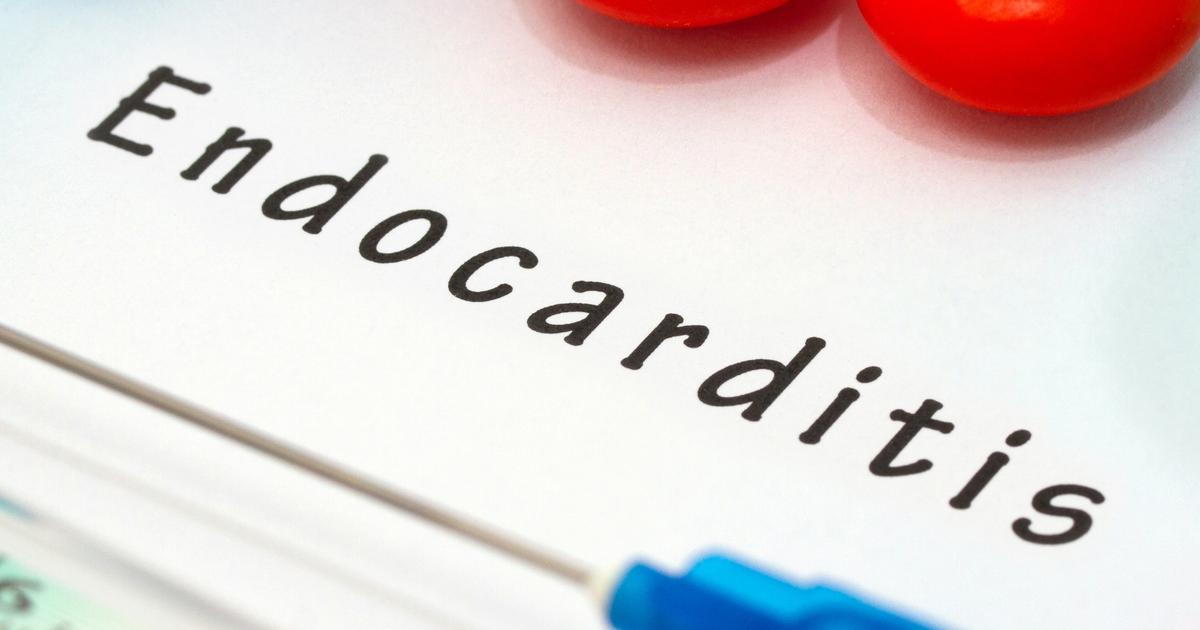
Endocarditis is a condition where an individual's interior heart lining becomes inflamed. Most cases of endocarditis are the result of an invasion by bacteria. The bacteria that have entered the body through unrelated means move through the blood to the heart, where they attach to any pre-existing unhealthy tissue in the lining. Once attached, the bacteria wreak more havoc on the heart muscle, causing valve damage and other problems.
Endocarditis can cause the leaflets of the heart valves to accumulate fibrous and dense tissue as the body attempts to repair any damage caused by the bacteria. When this scar tissue accumulates on the leaflets, the valve cannot close properly. When the heart valve leaflets are unable to close properly, blood leaks backward through them when it should be obstructed from flowing in such a direction. This backward flow of blood can cause an individual to develop a heart murmur.
Aortic Stenosis
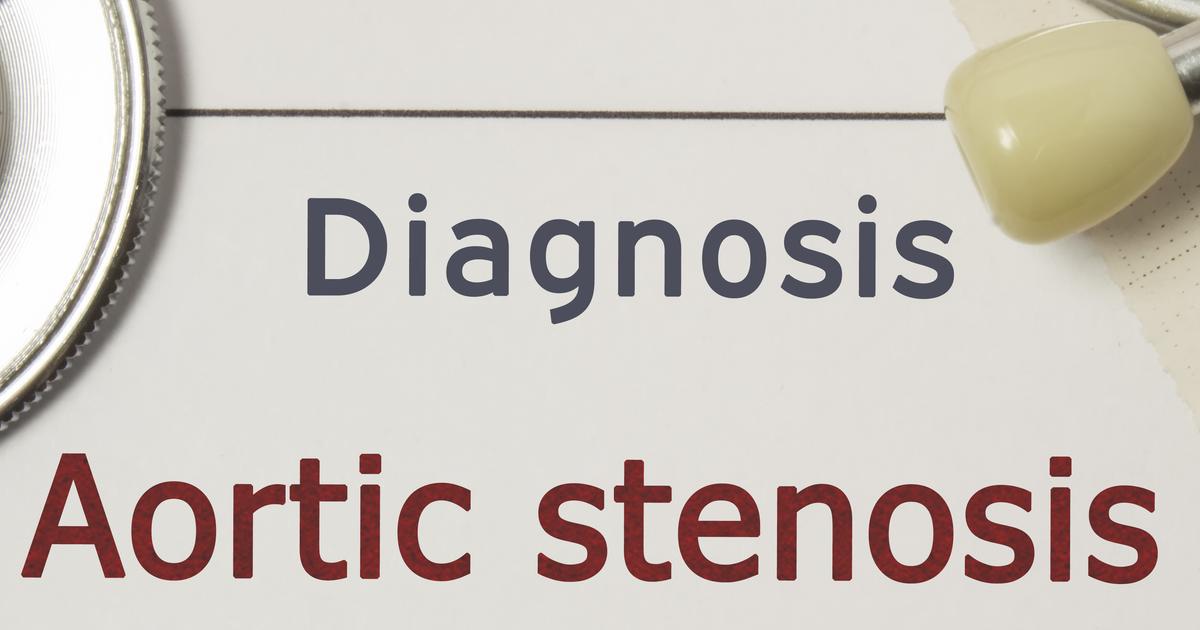
Aortic stenosis, which is often called aortic valve stenosis, is a significant cause of some heart murmurs. This condition occurs when an individual's aortic valve narrows and fails to open completely. The result is a reduction or blockage of the blood flow from the heart into the aorta and the rest of the patient's body. In addition to a heart murmur, patients will also display symptoms such as chest pain, dizziness, heart palpitations, and shortness of breath. Patients need prompt and effective treatment for aortic stenosis to correct the heart murmur and prevent heart failure.
Mitral Valve Regurgitation

Mitral valve regurgitation is another cause that has been linked to the development of a heart murmur. This is a condition where the patient's mitral valve cannot close tightly. Thus, it allows blood to flow backward into their heart. In serious cases, mitral valve regurgitation stops blood from moving through the patient's heart and the rest of their body effectively. A heart murmur is one of the results and symptoms of mitral valve regurgitation.
Other signs of this condition include heart palpitations, fatigue, swollen ankles or feet, and shortness of breath. Shortness of breath is particularly noticeable when patients lie down or have been physically active. Mild cases may not need treatment. However, treatment for severe mitral valve regurgitation includes heart surgery to replace or repair the mitral valve.
Anemia
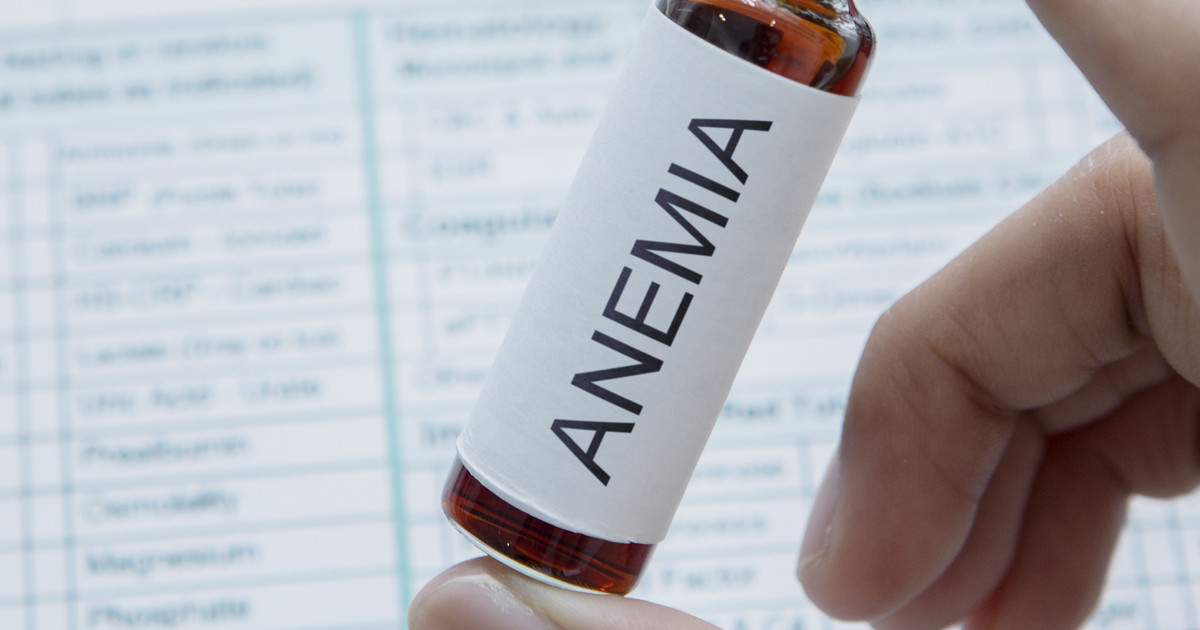
Anemia is another potential cause of heart murmurs. Anemia involves low red blood cells. Typically, patients find out they have anemia from a blood test that shows they have low hemoglobin or hematocrit. Hemoglobin is a significant protein found in red blood cells. It carries oxygen throughout the body. Without enough hemoglobin, and therefore insufficient oxygen flow, patients with anemia will experience symptoms such as shortness of breath and fatigue.
Anemia, including iron deficiency anemia, often causes the patient's heart to work much harder and pump blood faster to compensate. Unfortunately, this is what can cause heart issues, including heart damage and heart murmurs. Treatment for anemia is vital to correct these problems and prevent severe complications.
Rapid Growth Spurts

Infants and children who experience rapid growth spurts can develop an innocent heart murmur. This can apply to up to forty to forty-five percent of children. Growth spurts are defined as periods in which infants, children, or adolescents suddenly grow quickly in a short period. Innocent heart murmurs occur due to blood flowing more rapidly than normal through the individual's heart. Infants and children with an innocent heart murmur, including one caused by rapid growth spurts, have a normal heart. In many cases, innocent heart murmurs require no treatment. They often disappear over time, but even if they last for the affected individual's entire life, they often do not trigger additional health issues.
Valve Calcification
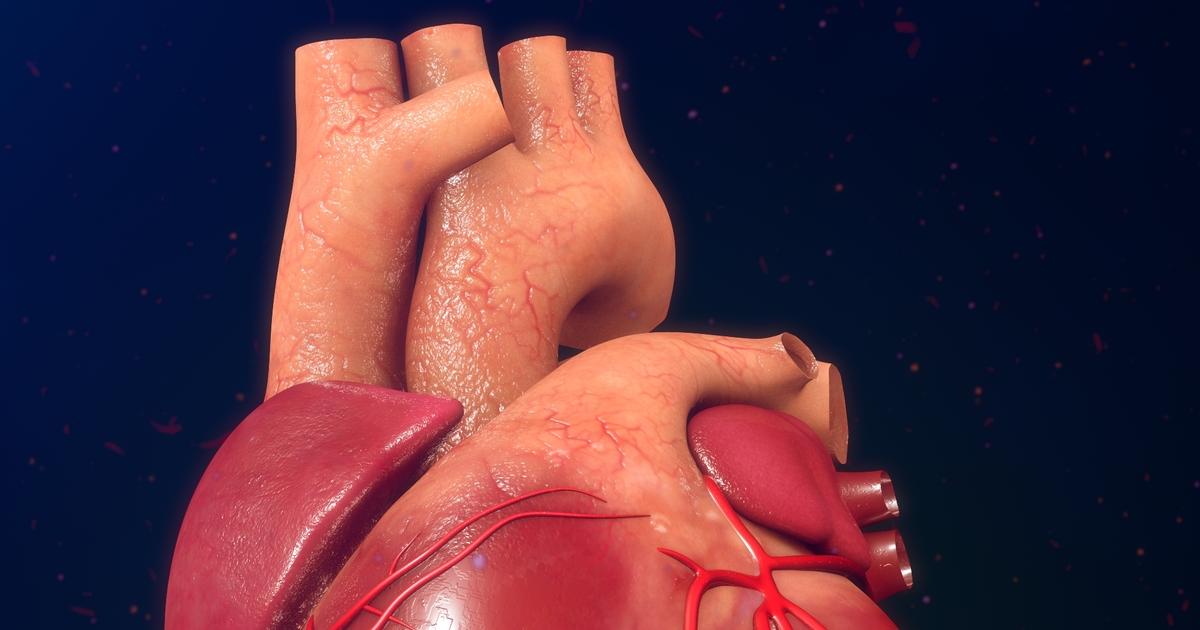
Patients can develop a heart murmur due to valve calcification, particularly aortic valve calcification. This condition occurs when calcium deposits build up on the heart valves as blood flows over the aortic valve repeatedly. The result is a hardening and thickening of the valves. It is vital to note that research has not linked calcium deposits in the heart valves to calcium supplements or products fortified with calcium. Instead, valve calcification is typically the result of another condition, including aortic valve stenosis or congenital aortic valve defects. As the aortic valve narrows and hardens, it makes it harder for blood to flow, which is what causes the heart murmur.
